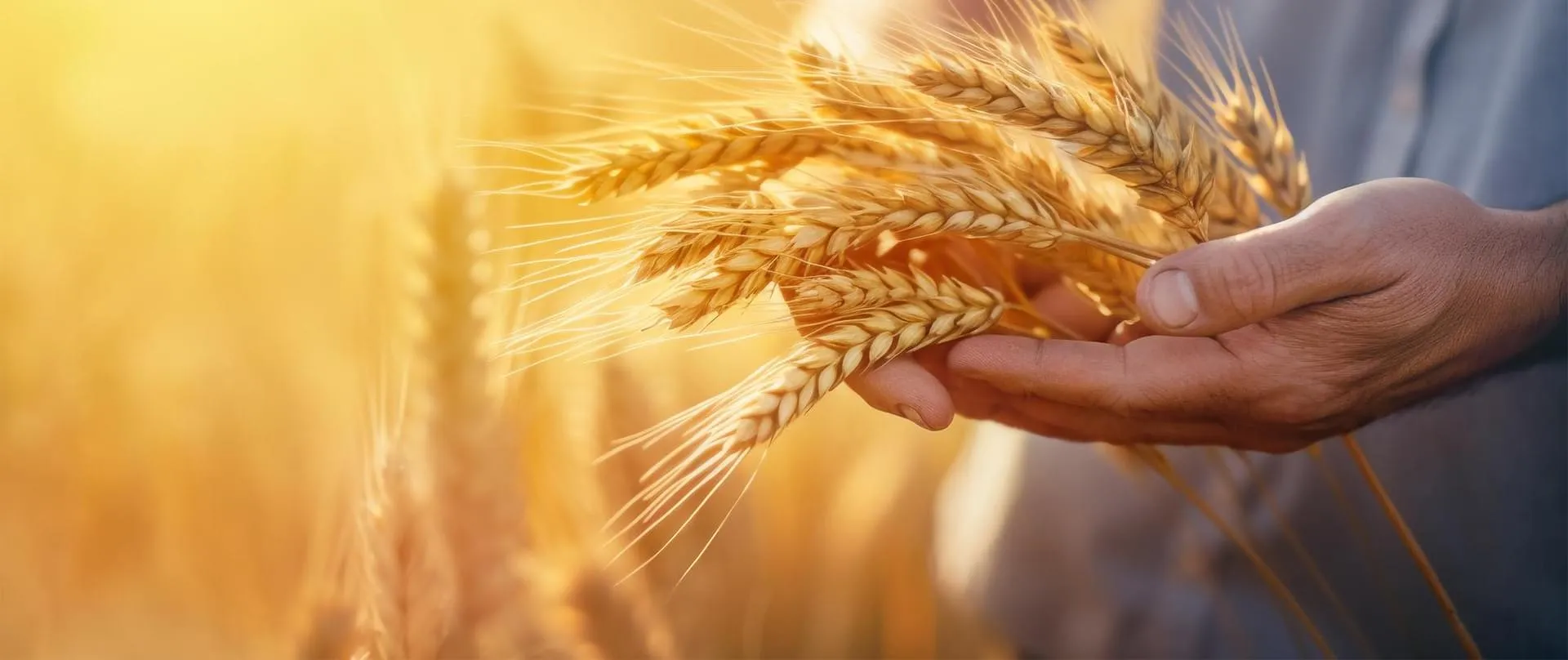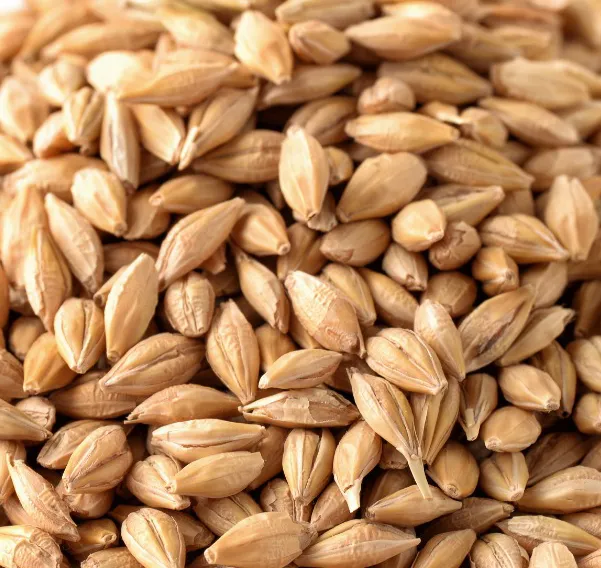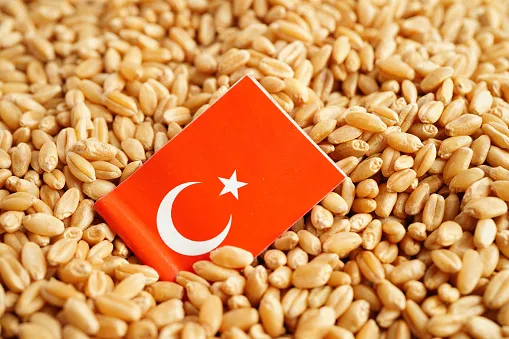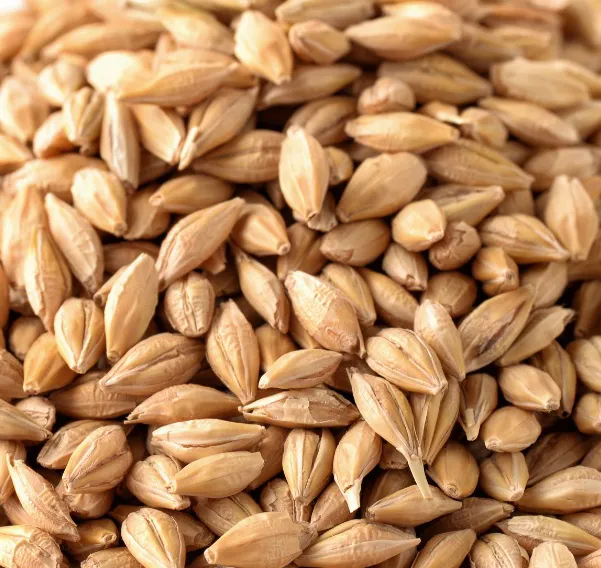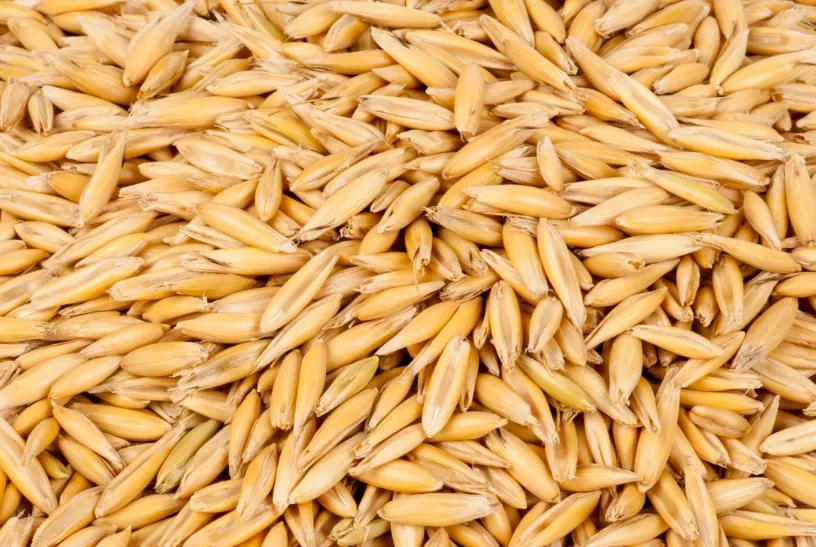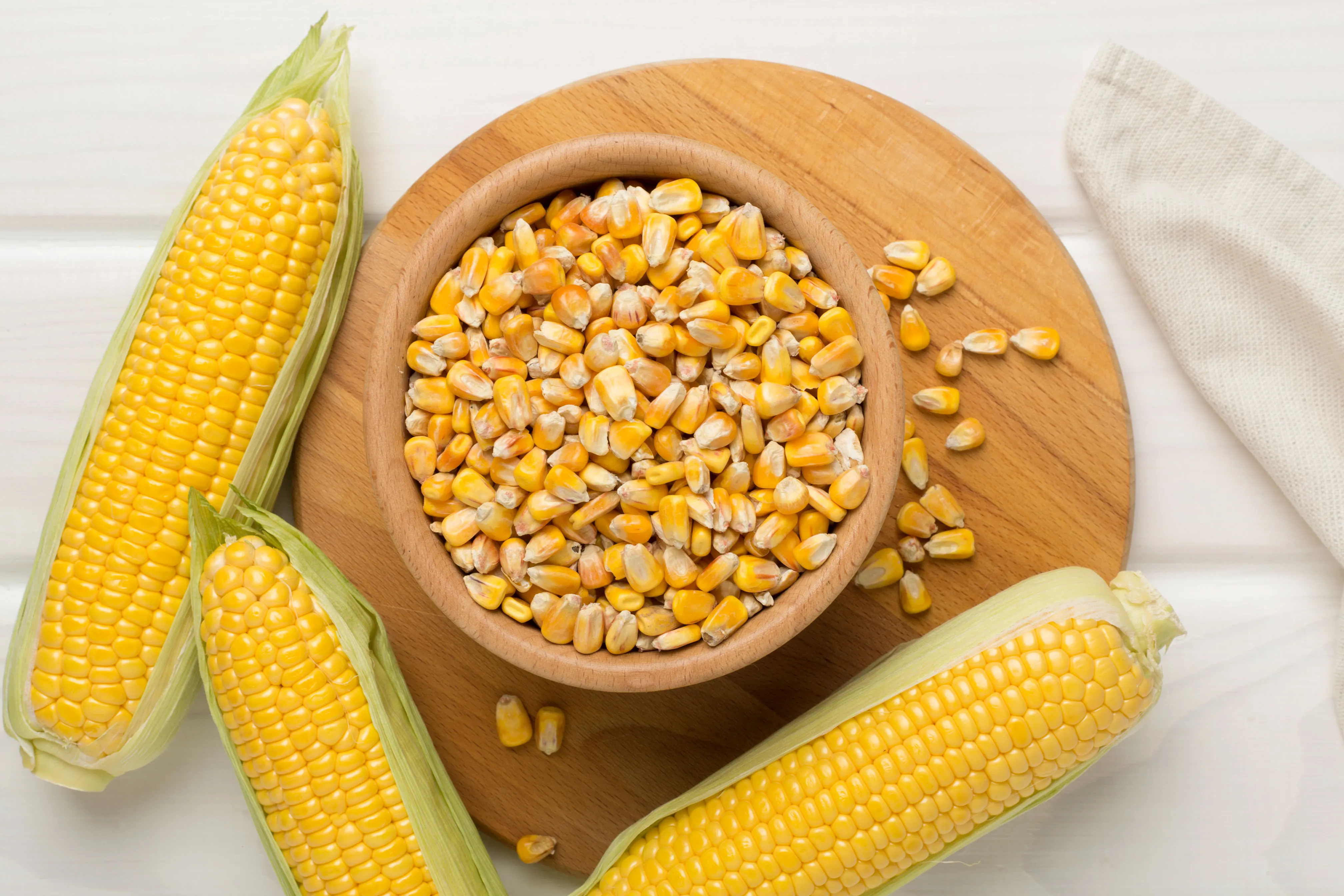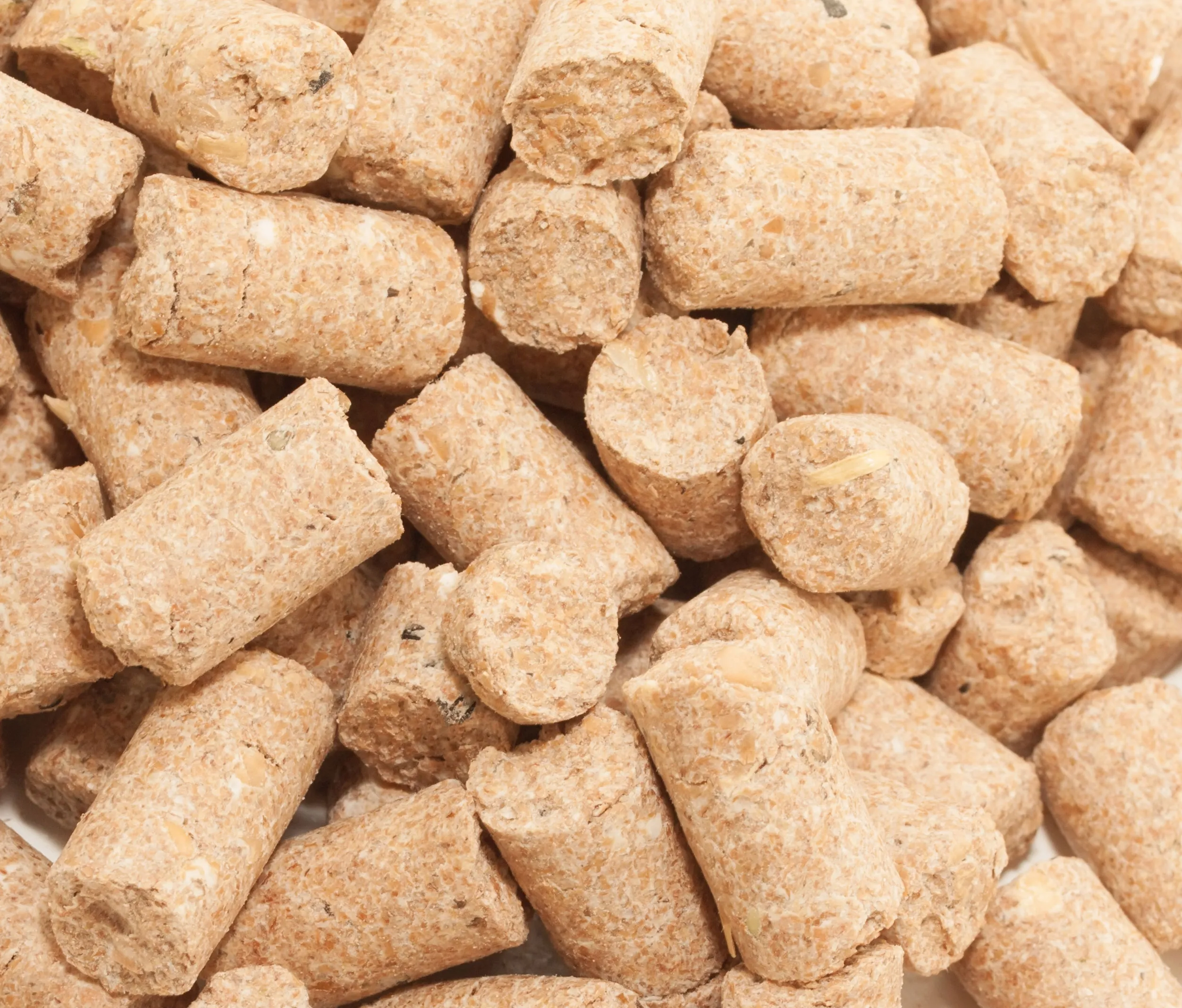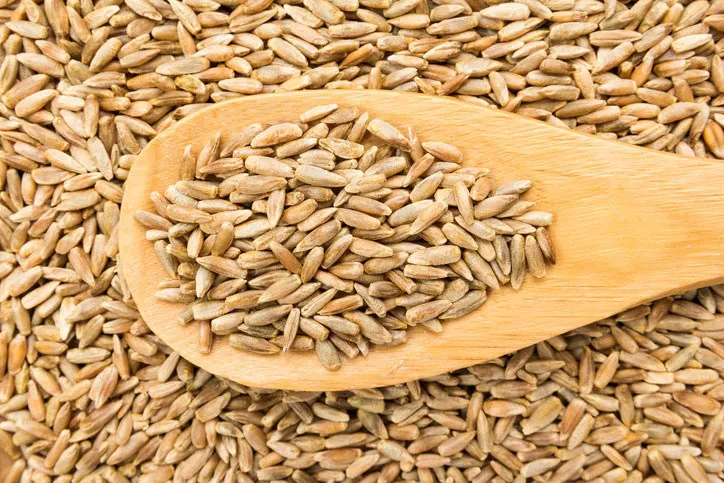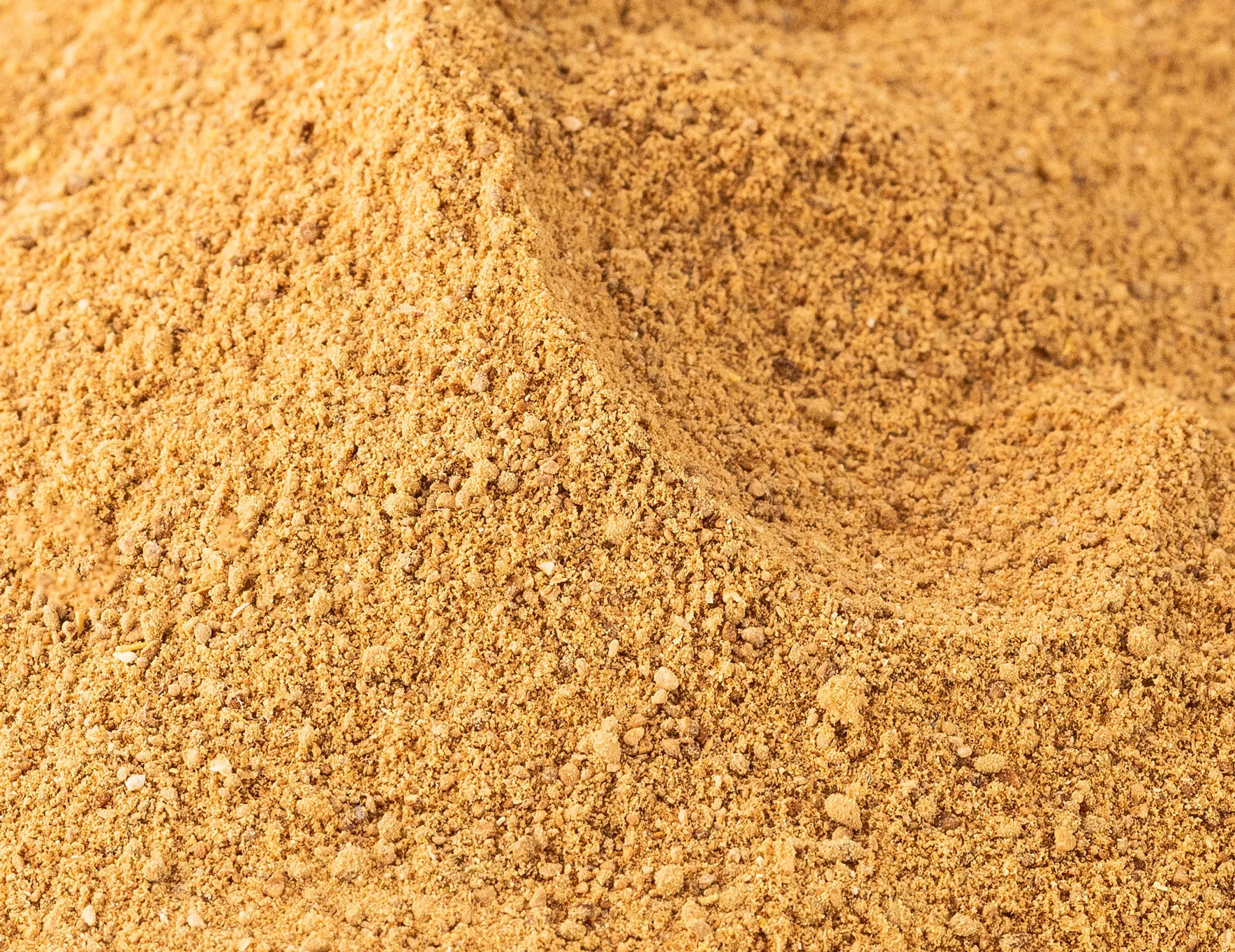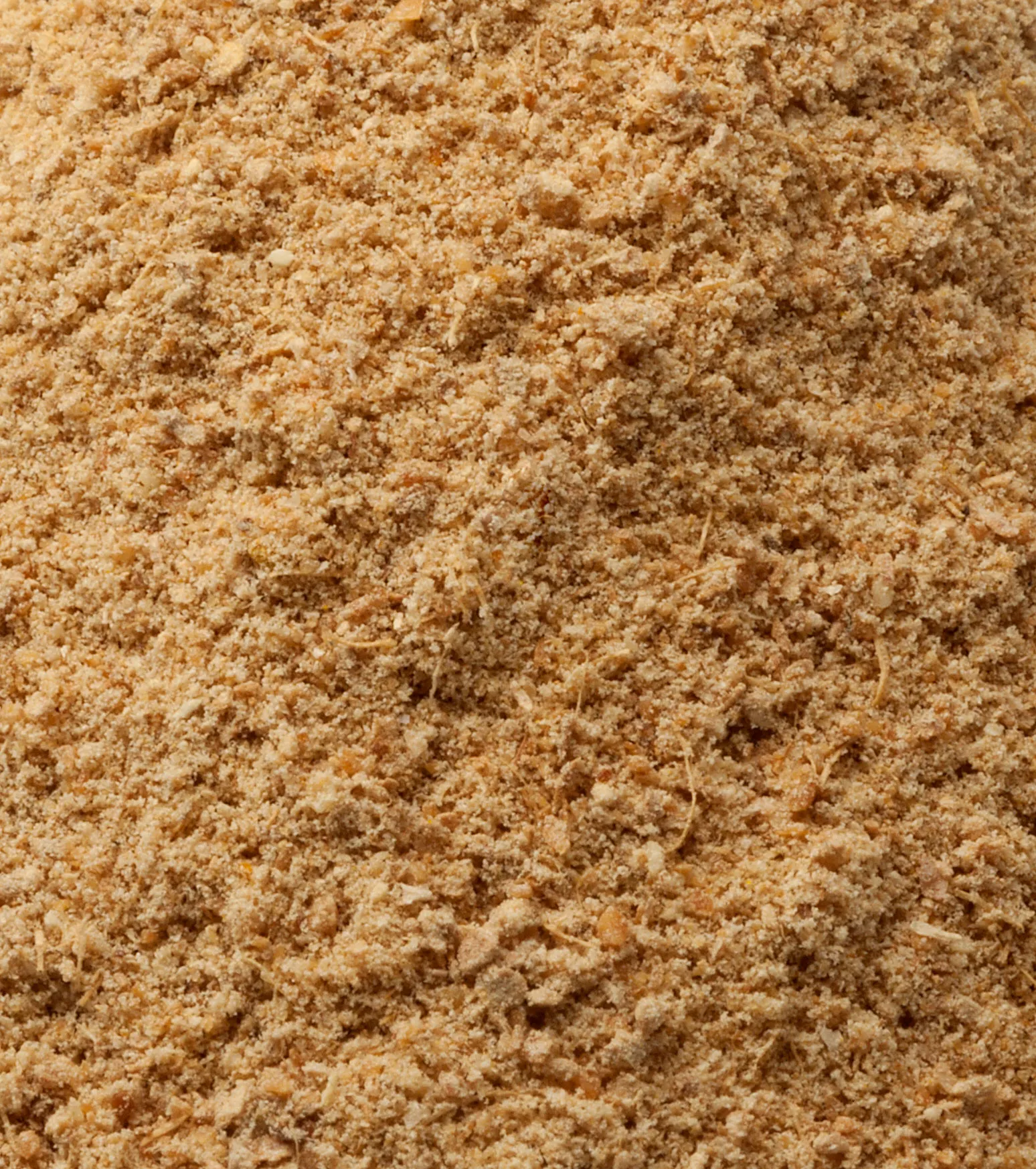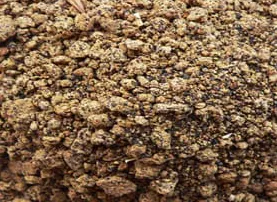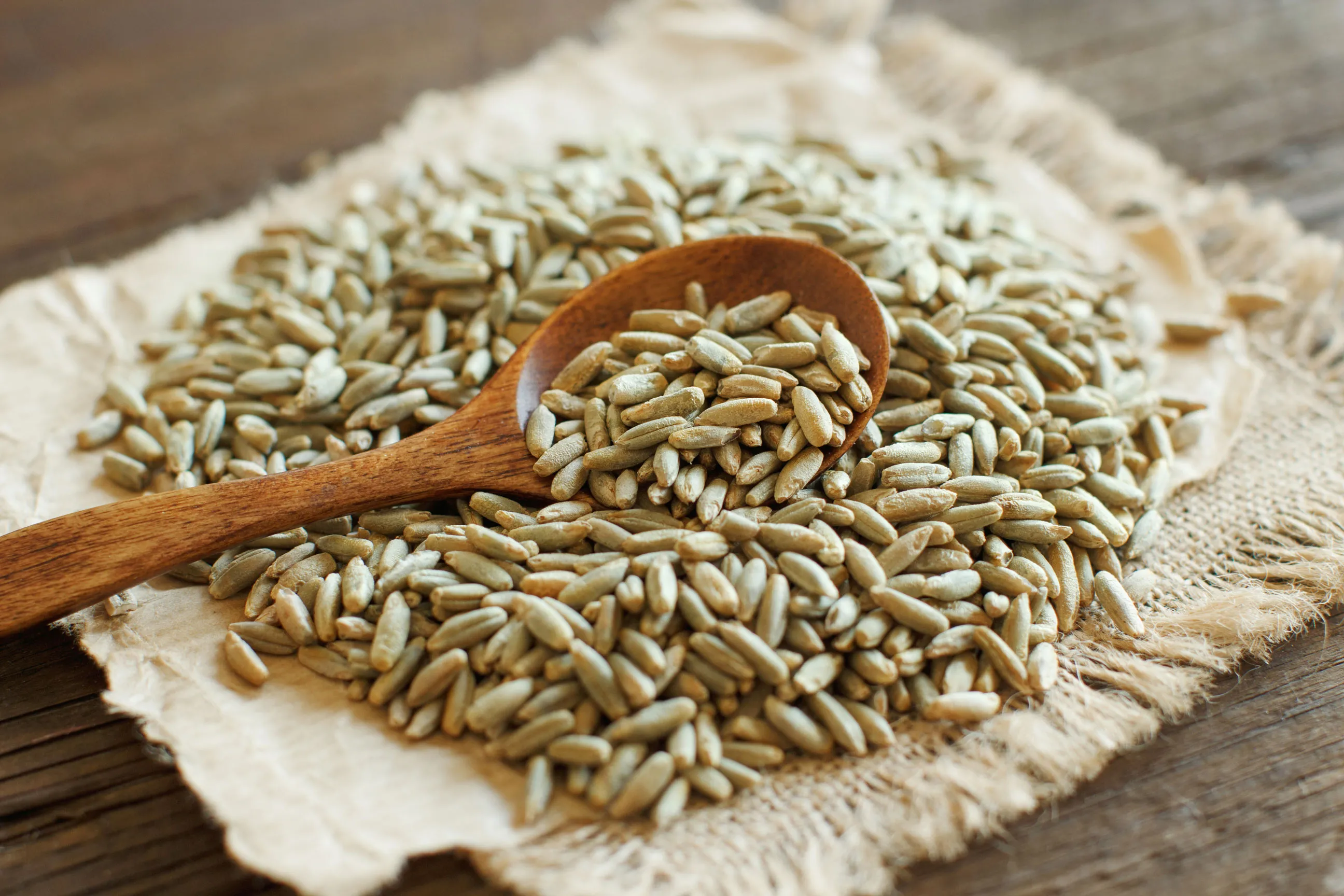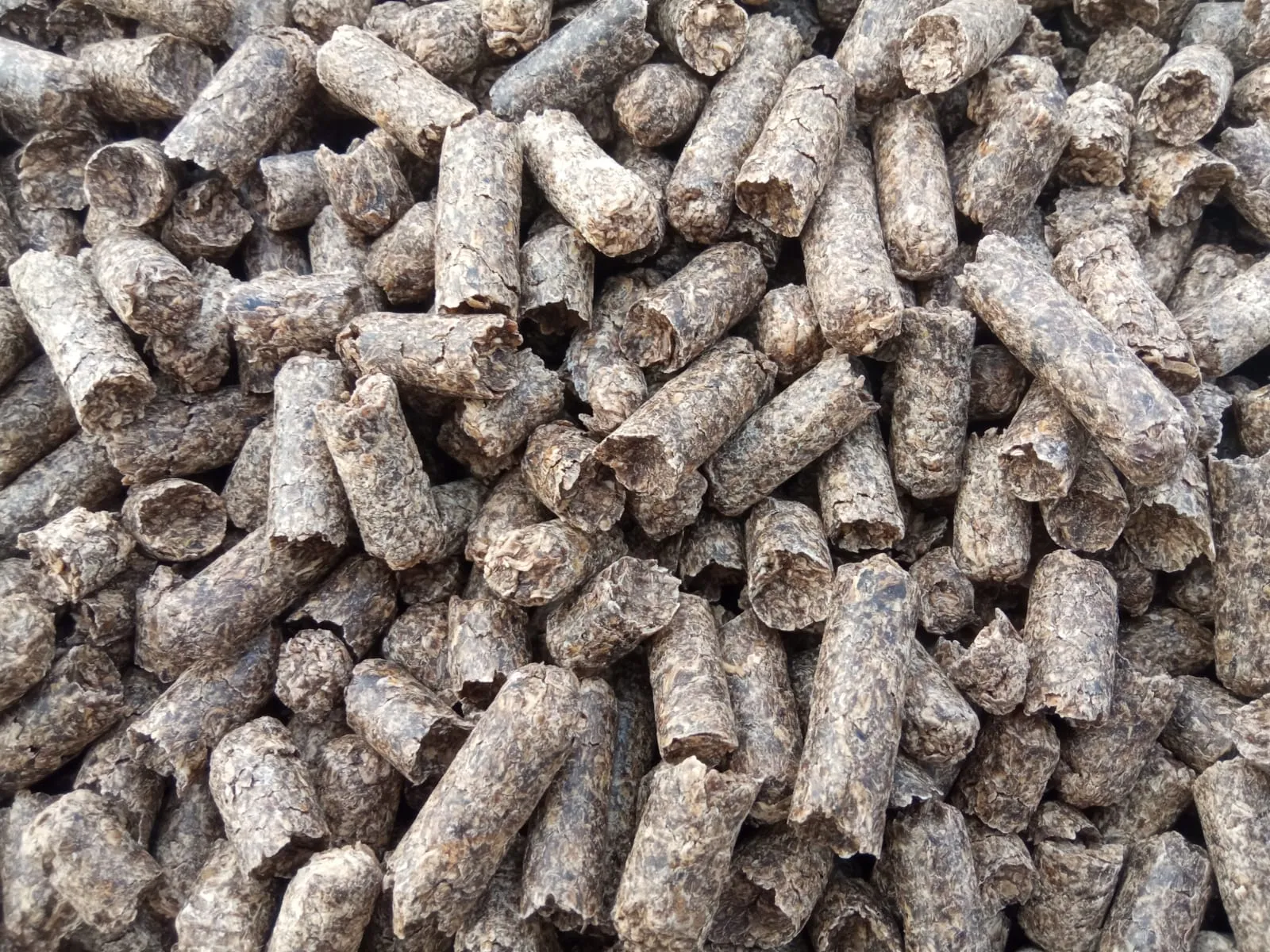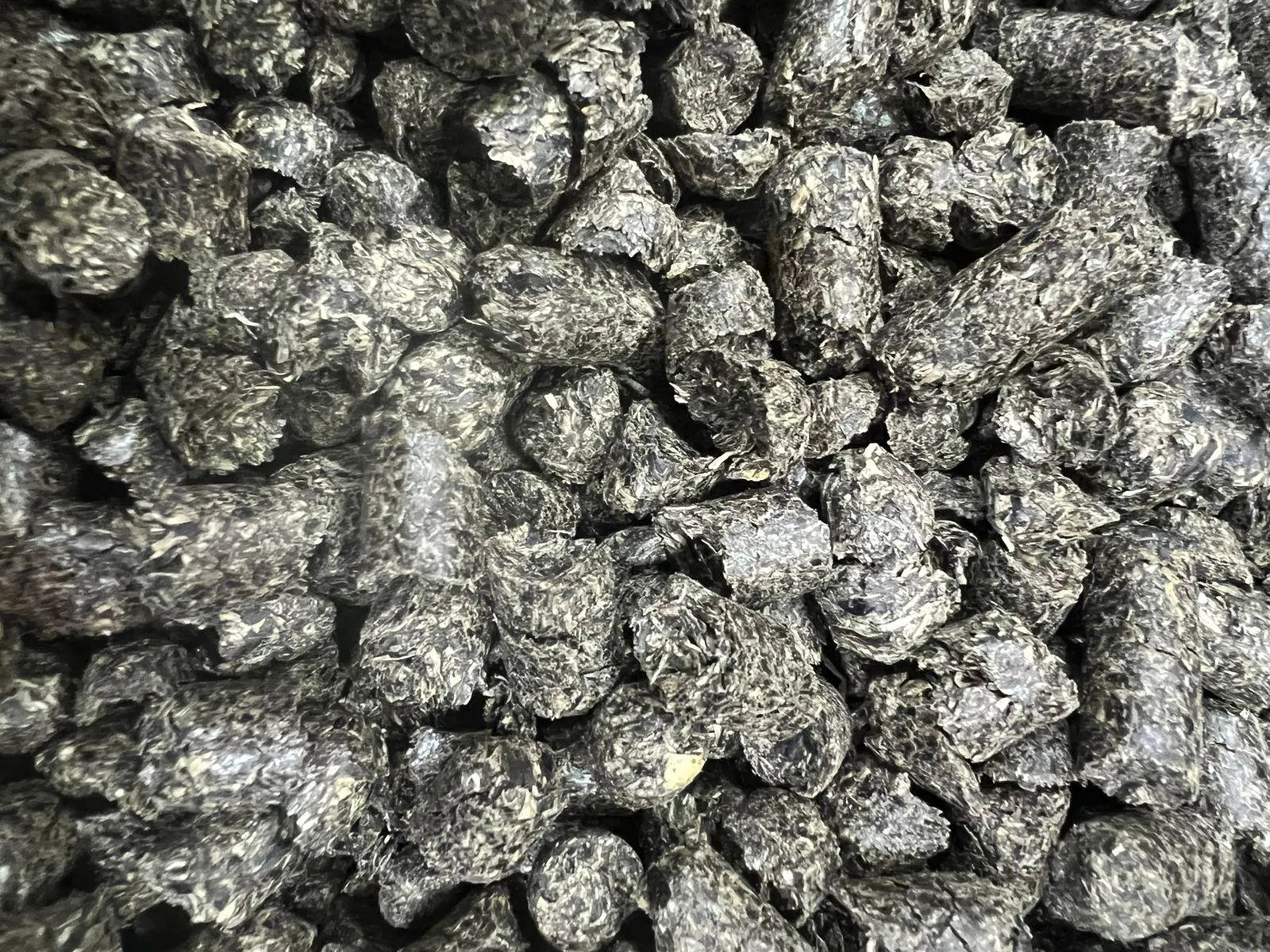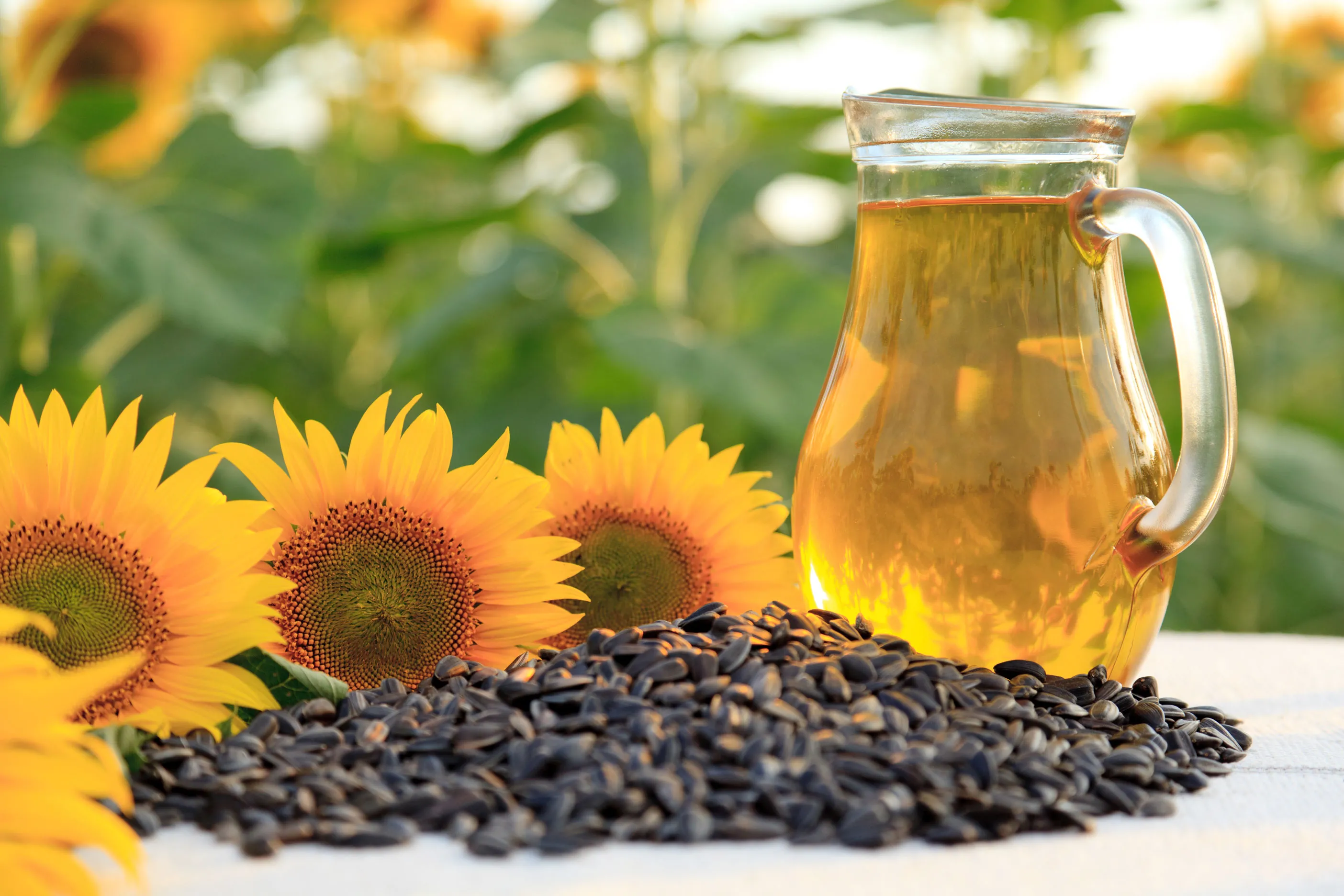Barley is a significant cereal crop from the wheat family, used primarily for malt and animal feed. Outside of the beer industry, nearly all barley is utilized as livestock feed. While it can be fed to various animals, it is particularly suitable for ruminants. When given to ruminants other than sheep and goats, barley should be roughly cracked or crushed. Otherwise, a substantial portion of the grain may pass through the digestive system undigested and be excreted in the feces.
Barley is an important feed source for ruminant animals; however, the specific nutritional needs of each species must be considered. When feeding barley to ruminants other than sheep and goats, the following points should be taken into account:
Digestion:Barley is a well-digestible feed with high energy content. However, for larger ruminants such as cattle—compared to sheep and goats—it must be provided in a balanced manner. Otherwise, digestive issues or excessive energy intake may lead to rumen imbalances.
Protein and Energy Balance: Barley is typically rich in starch and can be used as an energetic feed for ruminant animals. However, when this energy source is provided in excess, it must be supported with high-quality protein sources to meet the animal’s protein requirements and maintain nutritional balance.
Gradual Feeding and Portion Control: When feeding barley to large ruminants, excessive amounts may lead to a drop in rumen pH. This can cause digestive disorders, particularly acidosis. Therefore, barley should be administered in a controlled and gradual manner.
Quantity: Barley can typically constitute 20–30% of the daily feed ration for ruminant animals. However, this ratio may vary depending on the species, age, health status, and production goals of the animal.
When designing a balanced feeding program for ruminant animals, it is generally healthier to provide barley alongside other feed types (such as forage, silage, alfalfa, etc.) to enhance dietary diversity.

